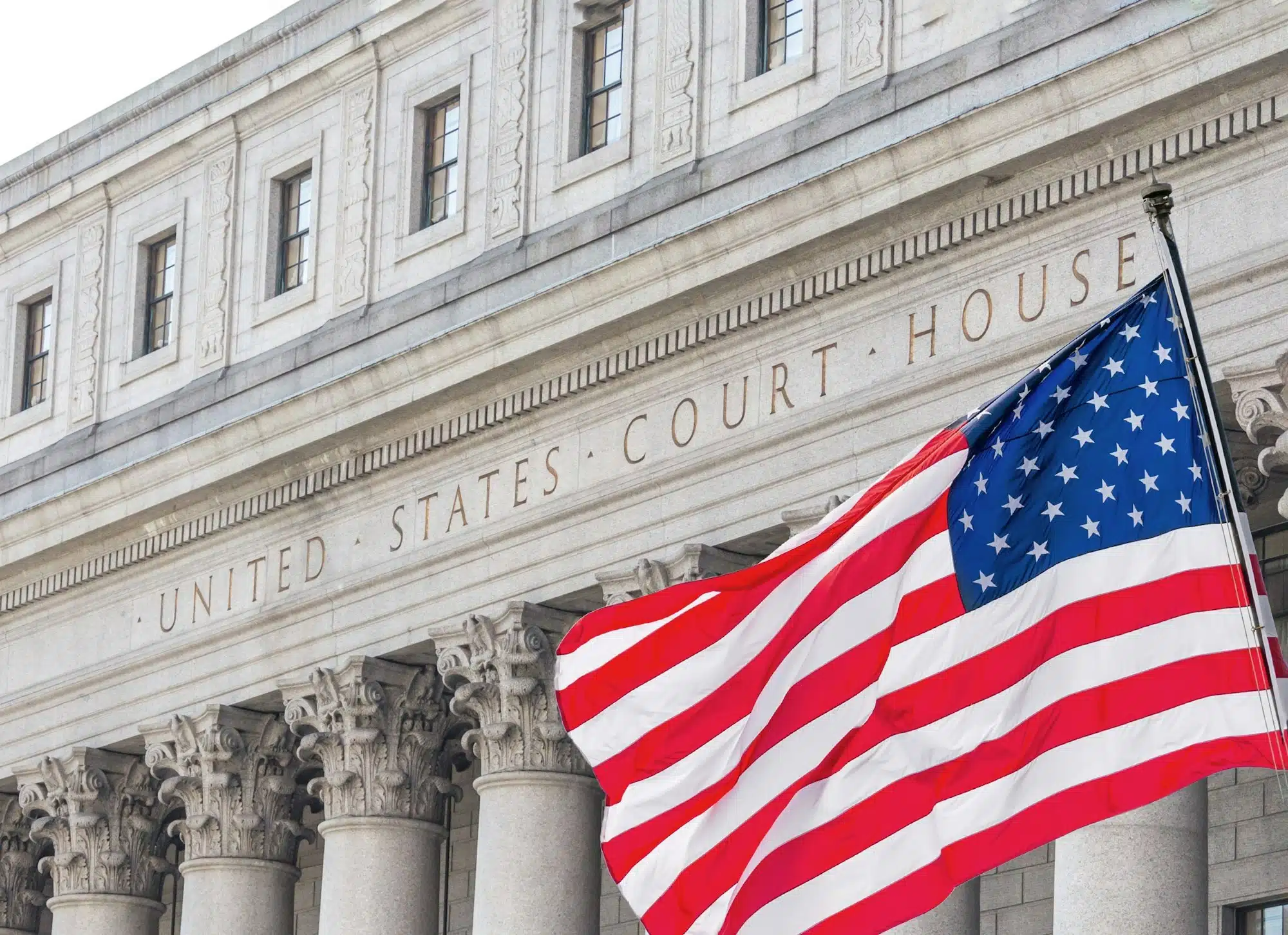New York criminal defense lawyers often have to overcome New York’s rape shield law to be able to present the evidence which helps our clients. New York’s Criminal Procedure Law 60.42, which is commonly known as the rape shield law, prohibits a defendant who is charged with crimes of a sexual nature, such as rape, forcible touching and sex abuse, from questioning a complaining witness about her own sexual history. The New York legislature enacted this law to encourage rape victims to come forward and be spared the humiliation from opening up their own sexual history. This law is both harmful to criminal defendants because in rape cases or sexual assault cases, especially those where the parties know each other, the complaining witness’ sexual history is always something that should be considered by a jury on the issue of consent. The underlying rationale that a jury would consider someone “unchaste” is outdated and out of touch with the reality of general acceptance of sexuality, especially in New York City and Its surrounding suburbs.

Fortunately New York’s rape shield law has several exceptions, which specifically require admission of the complaining witnesses sexual history. One common example is any evidence which proves or tends to prove specific instances of the victim’s prior sexual conduct with the accused. The importance of this exception is self evident since a claim that sexual conduct was not consensual is always suspicious where there is a history of sexual activity between the actors.
Another exception is evidence which tends to prove that the complaining witness has engaged in prosecution. This is also common sensical because anyone who would have sex for money, would also falsely accuse someone of a sex crime. As such, this type of evidence has bearing on the motive of the complaining witness.
Another exception is where evidence rebuts evidence introduced by the people of the victim’s failure to engage in sexual intercourse, oral sexual conduct, anal sexual conduct or sexual contact during a given period of time; or rebuts evidence introduced by the people which proves or tends to prove that the accused is the cause of pregnancy or disease of the victim, or the source of semen found in the victim. These exceptions come into play on many occasions, for example when a witness denies having oral or anal sex, then a New York criminal defense attorney can explore whether they have ever done it in the past, which relates to credibility. Also on many occasions our New York criminal defense lawyers have received rape kit results which show semen or bodily fluids which don’t match our client. This establishes that the victim had consensual sex with someone else within a very short period of time, therefore, any injury which was allegedly caused could have been pre-existing and it also casts doubt on the claims of forcible sexual activity.
The final exception involves evidence which tends to be relevant and admissible in the interests of justice. Generally the Courts have interpreted this requirement to mean that the evidence supports the defendants’ case. For example, where there is a contention that deviant sexual activity was forced, evidence including emails, or other partners can be introduced at trial to demonstrate that the complaining witness had a proclivity or practice of regularly engaging in the activity. Likewise, in a recent case, through facebook pages, our Westchester sex crime lawyers were able to establish that a particular victim who claimed that she was unconscious because of intoxication had a proclivity to drinking excessively and then engaging in sexual activity.
New York and Westchester County criminal lawyers must diligently explore and expand the exceptions to the rape shield law.
